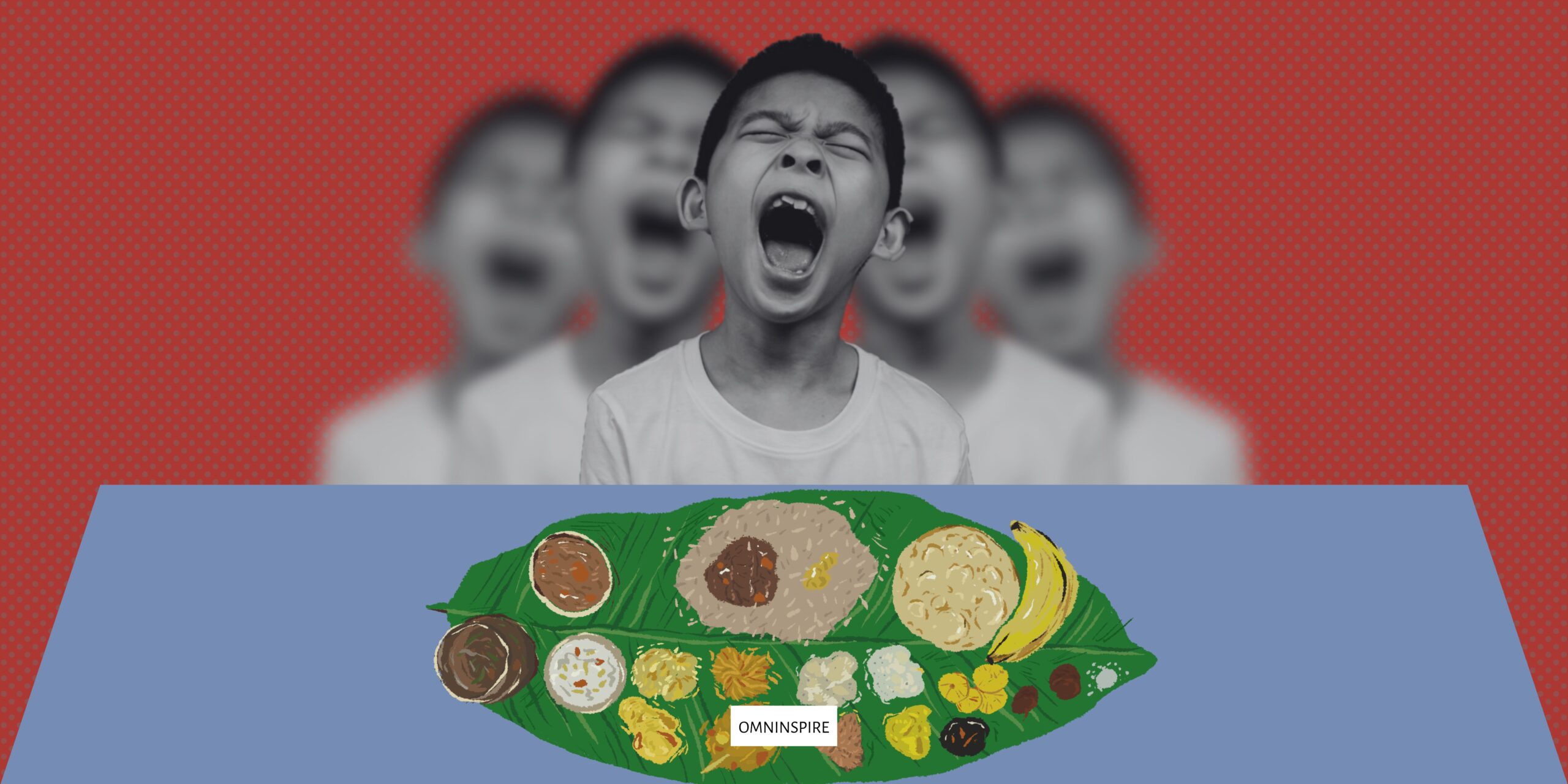Every parent worries when a child refuses to eat. But is it a natural phase or an emotional issue? Understanding the difference is key. Some children go through normal growth cycles, while others struggle with stress or external pressures. Let’s explore the reasons behind your child’s eating issue and how you can support them.
Natural Factors Causing Your Child’s Eating Issue
Your child’s eating issue in most of the cases would be absolutely inline with their natural growth trajectory. Some reasons for this include:
1. Growth Spurts and Appetite Changes
Children experience periods of rapid growth. At times, they eat more; other times, less. This is normal and usually balances out over time. Parents should monitor the overall trend rather than individual meals.
2. Developmental Stages
Toddlers often become picky eaters. They explore tastes, textures, and independence. Their refusal to eat may not mean a serious problem but rather an assertion of control. Offering choices within healthy options can help.
3. Slower Metabolism
As children grow, metabolism rates change. A child who ate a lot before may now eat less. This could be a natural adjustment. Understanding these metabolic shifts can prevent unnecessary worry and pressure.
Emotional Factors Causing Your Child’s Eating Issue
Sometimes, eating problems have deeper causes. Emotional stress or external influences can affect a child’s relationship with food. Addressing these issues early can promote a healthy attitude toward eating.
1. Family Tensions and Stress
Children are sensitive to their surroundings. If parents argue during meals, children may associate food with stress. This can lead to a lack of appetite or emotional eating. Creating a peaceful mealtime environment is crucial.
2. Pressure Around Mealtime
Forcing a child to eat can backfire. If a child feels pressured, they may resist food more. Creating a relaxed mealtime helps children develop a positive relationship with food. Instead of force-feeding, parents can encourage self-regulation.
3. Negative Comments About Eating
Hearing phrases like “You eat too much” or “You barely eat” affects children. These remarks can make them self-conscious about food. A better approach is to focus on balanced meals and healthy habits rather than quantity.
4. Cultural and Social Influences Causing Your Child’s Eating Issue
In multicultural settings, children may face comments about their food choices. Feeling judged can reduce their willingness to eat. Teaching children to embrace diversity in food choices can boost their confidence and curiosity about different cuisines.
Signs That Indicate an Emotional Issue
It’s important to recognize emotional triggers. Look for these signs:
- Avoiding meals regularly
- Eating too little or too much suddenly
- Expressing anxiety about food
- Showing frustration at mealtimes
- Experiencing drastic changes in weight
If these patterns continue, it may be time to address emotional concerns through conversation or professional help.
How to Help Your Child Eat Better
If your child’s eating issue stem from emotional stress, here are ways to help:
1. Create a Calm Mealtime Atmosphere
Avoid arguments at the table. Keep meals relaxed and positive. Set a routine with pleasant conversations to make mealtime enjoyable.
2. Encourage but Don’t Force
Offer food, but don’t push. Let your child decide how much to eat. Allowing them to listen to their hunger cues promotes healthy habits.
3. Be Mindful of Comments
Avoid remarks about portion sizes. Instead, focus on balanced nutrition and the benefits of various foods. Praise children for trying new foods rather than how much they eat.
4. Introduce New Foods Gradually
Don’t rush new foods. Offer small tastes over time. Pair new foods with familiar favorites to ease resistance. Engaging children in meal preparation can also spark their interest.
5. Address Emotional Triggers
If stress is affecting eating habits, talk to your child. Understand their feelings and provide support. Consider mindfulness techniques or counseling if deeper emotional concerns arise.
When to Seek Professional Help
If eating problems persist, consult a pediatrician or nutritionist. In some cases, therapy may help address underlying emotional issues. Seeking help early can prevent long-term struggles with food.
Understanding whether your child’s eating issue is natural or emotional is essential. Growth cycles cause temporary changes, but emotional stress can lead to deeper problems. Pay attention to patterns, offer support, and create a positive food environment. By fostering a healthy attitude toward eating, you help your child develop lifelong good habits.








